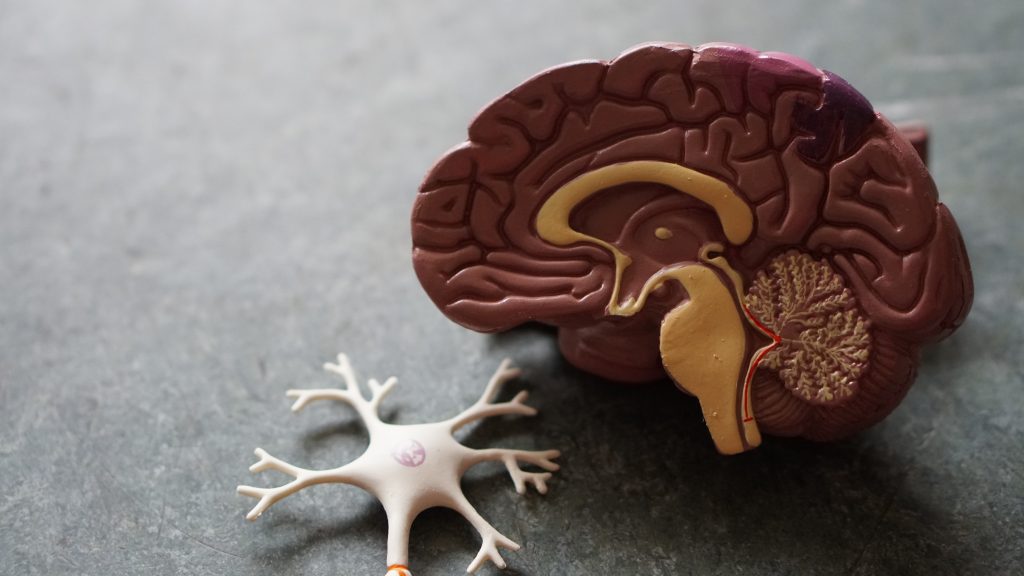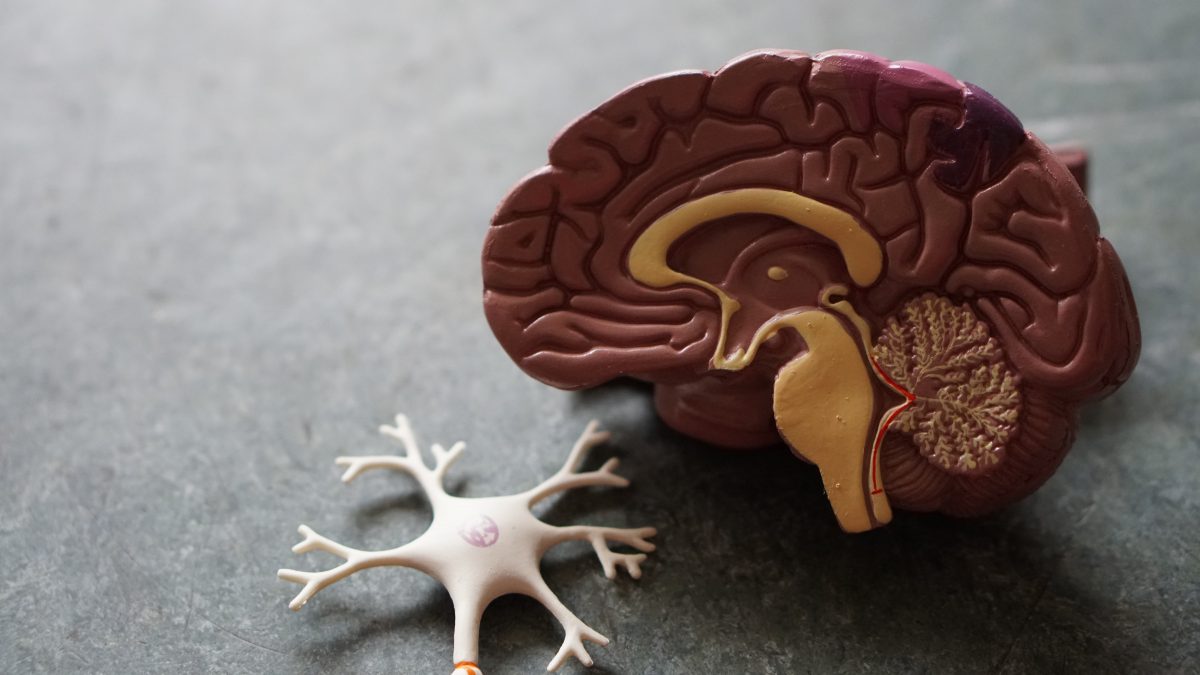 The human brain didn’t not launch the multibillion industry of cognitive enhancement for nothing. It’s a cool and commanding organ that serves as the command center for the human nervous system, receiving signals from sensory organs as well as relays information to the muscles.
The human brain didn’t not launch the multibillion industry of cognitive enhancement for nothing. It’s a cool and commanding organ that serves as the command center for the human nervous system, receiving signals from sensory organs as well as relays information to the muscles.
Here are some facts and trivia about this amazing organ of the body — pretty much all related to why brain enhancement is an increasingly popular endeavor not just for the benefit of the elderly but also people across age groups wanting to “supercharge” their brain and become limitless.
Weight of the Human Brain
Have you ever wondered how much a human brain weighs? On average, it’s about 3 pounds or 1.4 kilograms heavy, making up just 2% of total body weight in humans. That’s about as heavy as a half-gallon of milk.
Male brains tend to be around 10% bigger than female brains, with a volume of almost 78 cubic inches compared to the female’s 69 cubic inches.
Of its total weight, the brain’s cerebrum, its main component found in the front of the skull, makes up about 85%.
Dissecting the Human Brain
The cerebrum is divided into two hemispheres and each consists of four lobes, namely the frontal, parietal, temporal, and occipital. The cortex is the cerebrum’s rippled surface; underneath the cerebrum is the brain and behind it lies the cerebellum.
When it comes to cognitive functions, the frontal lobe holds a lot of responsibility. This includes forming thoughts, planning, and controlling voluntary movements. Memories and emotions are generated in the temporal lobe, while the various senses’ inputs are integrated in the parietal lobe, which is also crucial for navigation and spatial orientation. The occipital lobe is where visual processing happens.
The brainstem is important for various functions, including the following:
- Relaying information between body and brain
- Supplying most of the cranial nerves to the head and face
- Helping control the heart as well as breathing
- Doing critical functions to control levels of consciousness, such as wake and sleep cycles
Your brain takes up 20% of the oxygen and blood in your entire system.
More Interesting Facts About the Organ
In the first year of life, your brain triples in size and fully matures once you reach 25 years of age. Brain development starts from the back of the brain, working its way to the front. The frontal lobes are then the last to strengthen and structure connections.
Sixty percent of the brain is all fat, too, making it the fattiest organ in the body. These fatty acids are vital to brain performance, which makes it a must to nourish it with healthy and brain-boosting nutrients.
It’s interesting to note that the belief that humans use merely 10% of their brain is a myth; we actually use all of the brain at all times. Similarly, the brain’s storage capacity is deemed virtually unlimited. According to research, the human brain consists of some 86 billion neurons, with each of them forming connections to other neurons (can add up to 1,000 trillion connections)! Eventually these neurons combine and fortify storage power in the brain.
Did you also know that your brain is unable to multitask? Instead, what it does is switch in between tasks, which then increases the likelihood of errors and things taking longer to complete. Believe neurologists when they say your brain is always active!
Your brain can produce around 23 watts of power, which is enough to power a lightbulb. Given that much power, your brain needs rest in the form of adequate sleep, which helps maintain pathways in the brain. When you are sleep-deprived, the buildup of a protein in the brain that’s been linked to Alzheimer’s increases.
In ancient Egypt, people would usually remove the brains through the nose during mummification. Speaking of aging and death, the human brain starts to lose some memory power as well as other cognitive skills by as early as your late 20s. The human brain also gets smaller as you get older, typically occurring sometime after middle age.
Final Note and Takeaways
In conclusion, there is essentially a lot that we do not completely know or understand about the brain to this day. But modern humans are learning more about the brain each day, including its ability for potent cognitive capacity and enhancement.
Not unlike other parts of the body, the brain needs consistent, ongoing TLC: a healthy diet, regular exercise, the right amount and quality of sleep, and added reinforcement and power in the form of prudent supplementation with brain-friendly nutrients.

